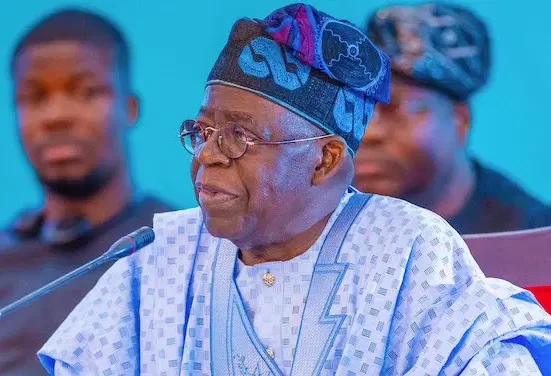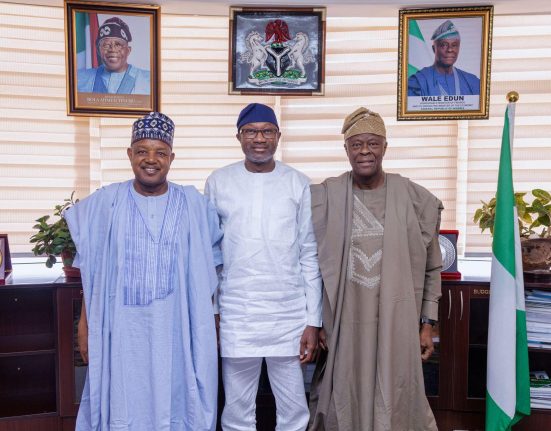The 42nd edition of Nigeria’s national economic brief has spotlighted a significant shift in the country’s fiscal trajectory, with debt repayment emerging as a central focus for both federal and state governments. The development comes in the wake of key policy reforms introduced by President Bola Ahmed Tinubu aimed at restructuring the economy and enhancing revenue flow.
Historically, Nigeria’s fiscal stability has been undermined by a heavy debt burden, largely attributed to fuel subsidy obligations which previously consumed up to 70 percent of government revenues. However, this narrative is changing as recent reforms—most notably the removal of petrol subsidies and the liberalisation of the naira—have boosted the federal purse and empowered subnational entities to settle outstanding liabilities.
According to the latest data, 33 states and the Federal Capital Territory (FCT) collectively repaid ₦1.85 trillion in domestic debt, leading to a substantial drop in the country’s subnational debt stock. Total state debts decreased from ₦5.82 trillion in the previous fiscal year to ₦3.97 trillion, signalling improved fiscal discipline and liquidity across the board.
Delta State led the pack in absolute terms with a repayment of ₦265.83 billion, while Jigawa State recorded the most impressive reduction, slashing its debt burden by an extraordinary 96 percent.
At the federal level, external debt servicing has also witnessed marked improvement. The country’s revenue-to-debt servicing ratio has improved significantly—from 97 percent in 2023 to 65 percent in 2024. Furthermore, Nigeria successfully cleared its International Monetary Fund (IMF) debt by May 2025, a milestone that reflects enhanced financial management and policy coherence.
In broader terms, the country’s public debt profile has experienced a sharp decline. Nigeria’s total public debt fell from $113.42 billion in 2023 to $94.22 billion in 2024—a reduction that experts interpret as a sign of growing economic resilience and recovery.
Beyond the fiscal wins, other economic indicators suggest that Nigeria is on a steady path toward macroeconomic stability and sustainable growth. Reforms in taxation, public financial management, and investment facilitation are beginning to yield visible results, providing renewed optimism for both local stakeholders and international observers.
For citizens seeking verified and up-to-date information on Nigeria’s economic progress and public service performance, the National Orientation Agency (NOA) has introduced CLHEEAN, its official voice and chat assistant. The platform offers real-time updates and accessible data to help Nigerians stay informed on key national developments.







